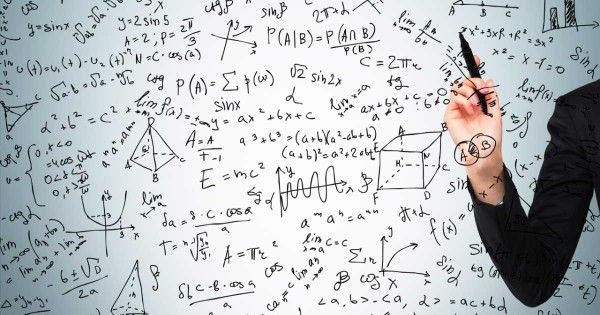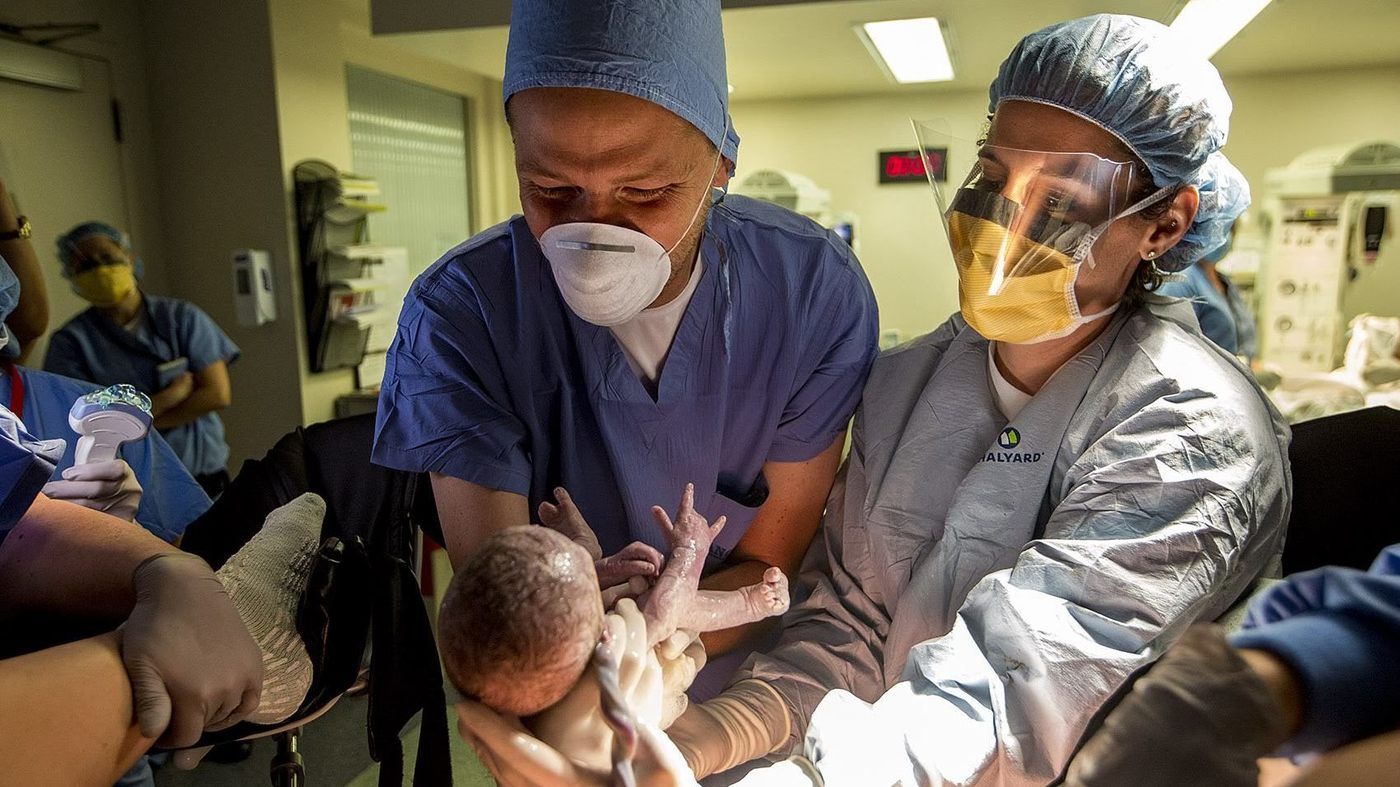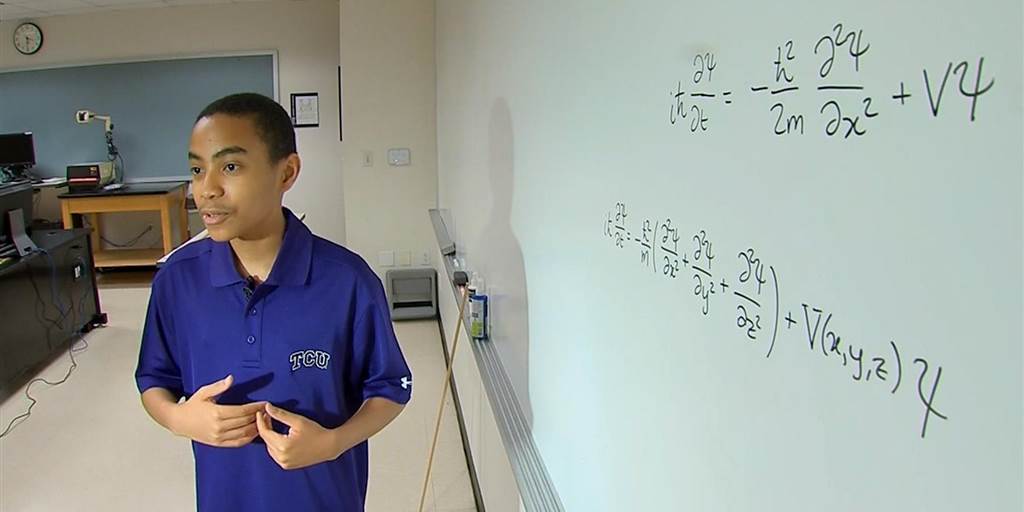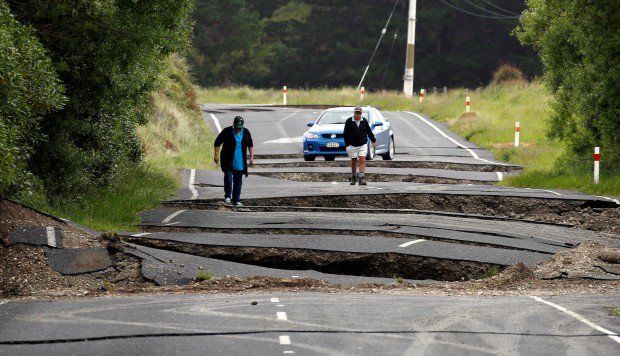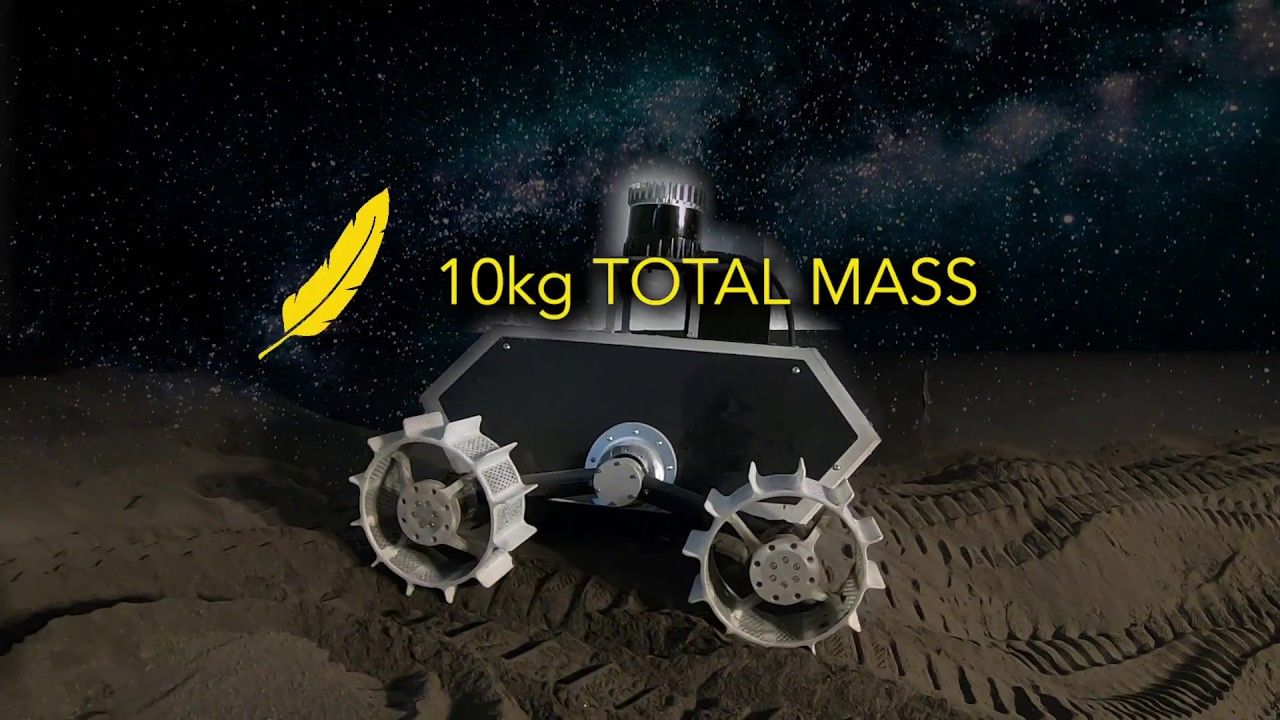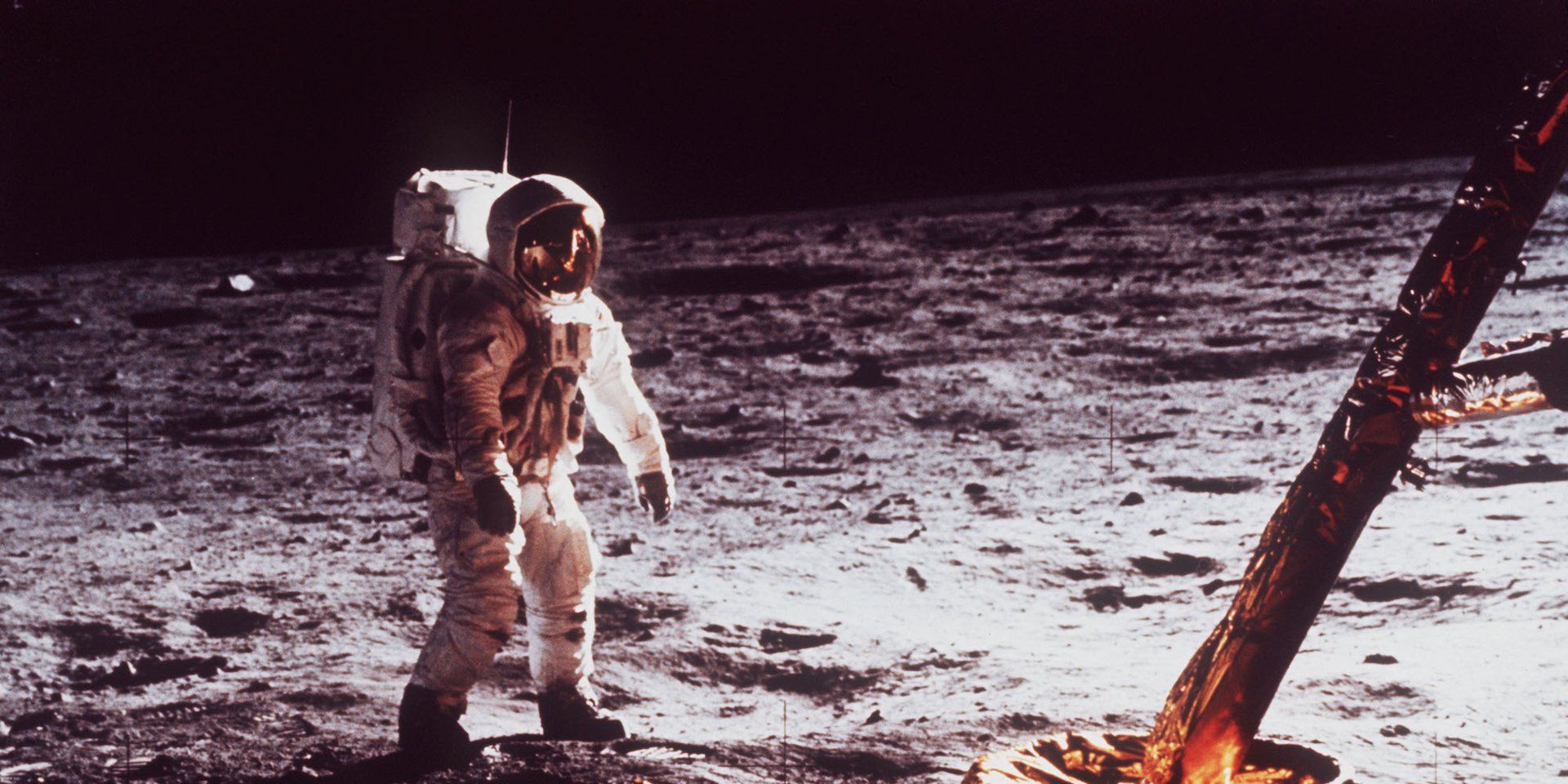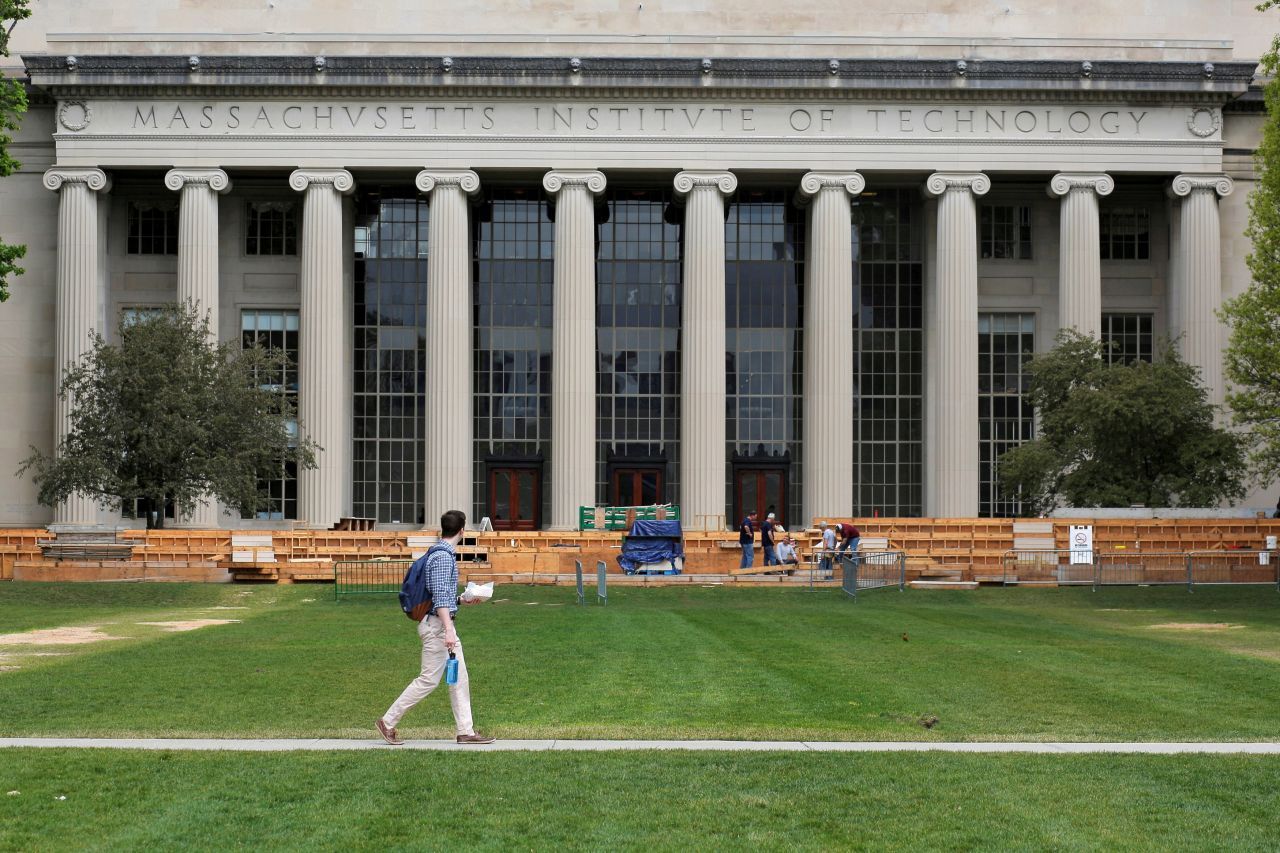Page 9679
Nov 24, 2018
What’s the most amazing result in mathematics?
Posted by Genevieve Klien in category: futurism
Euler’s identity, the Banach-Tarski paradox and the sum of all numbers up to infinity are all pretty amazing.
Nov 24, 2018
Twin’s Difficult Birth Put A Project Designed To Reduce C-Sections To The Test
Posted by Genevieve Klien in categories: biotech/medical, health
Pilot Project To Reduce C-Sections Put To The Test By A Twin’s Difficult Birth : Shots — Health News A woman had twins in a hospital south of Boston last summer, right around dinner time. For doctors aiming to reduce cesareans, the second baby’s tricky arrival tested the limits of teamwork.
Nov 24, 2018
Meet the 14-year-old quantum physics whiz who’s already graduating college
Posted by Genevieve Klien in categories: futurism, quantum physics
Carson Huey-You is only 14 years old but he will become Texas Christian University’s youngest graduate on Saturday. NBC’s Jacob Rascon reports for TODAY on the teen’s extraordinary academic story and his promising future. May 13, 2017.
Nov 24, 2018
2016 New Zealand earthquake moved islands closer together and lowered a city
Posted by Genevieve Klien in category: government
However, the gap from Cape Campbell, where the main rupture ended in the South Island, and the New Zealand capital Wellington at the bottom of the North Island is still more than 50km.
At least 25 fault lines ruptured in the 2016 quake, which earthquake geologist Rob Langridge from the government’s geoscience research organisation GNS Science said made it one of the most complex earthquakes observed anywhere in the world.
Fellow GNS scientist Sigrun Hreinsdottir told the Stuff website on Friday that the sheer number of faults made it difficult to distinguish which was responsible for the post-quake creep.
Continue reading “2016 New Zealand earthquake moved islands closer together and lowered a city” »
Nov 24, 2018
NASA closes call for small payloads to study the surface of the Moon
Posted by Klaus Baldauf in category: satellites
Nov 24, 2018
Russia’s top space official says their mission to the moon will help verify conspiracy theory
Posted by Michael Lance in category: space travel
One Russian poll found that 28% of respondents doubted the moon landing.
The head of Russia’s Roscosmos space agency has said that a proposed Russian mission to the moon will be tasked with verifying that the American moon landings were real.
“We have set this objective to fly and verify whether they’ve been there or not,” said Dmitry Rogozin in a video posted Saturday on Twitter.
Nov 24, 2018
Green Housing And Technological Ecology
Posted by Genevieve Klien in category: habitats
What is the solution to homelessness and the ecological harm done when creating social housing through cement structures? The resolution though architectural is also a cultural one where we must shift how approach the domestic sphere.
Nov 24, 2018
Some Good Tech News: Entrepreneurs Leverage Tech for Economic Inclusion
Posted by Derick Lee in categories: economics, employment, mobile phones
Between the never-ending stream of news linking bad actors to social networks and studies documenting society’s growing smartphone addiction, it seems almost wrong today to think that technology can — ahem — help make the world a better place.
That’s why I am thankful for the annual Inclusive Innovative Challenge, hosted by MIT’s Initiative on the Digital Economy. Launched in 2016, the IIC seeks out and awards entrepreneurs that are leveraging technology advances to reinvent the future of work. That’s right. There remains, even in this news cycle, firms committed to tapping technology’s ability to connect—and not divide—people and build—and not threaten—jobs and other economic activities.
Or, as the challenge organizers put it:
Continue reading “Some Good Tech News: Entrepreneurs Leverage Tech for Economic Inclusion” »
Nov 23, 2018
Paralyzed individuals successfully use brain waves to operate tablet computers
Posted by Klaus Baldauf in categories: biotech/medical, media & arts, robotics/AI
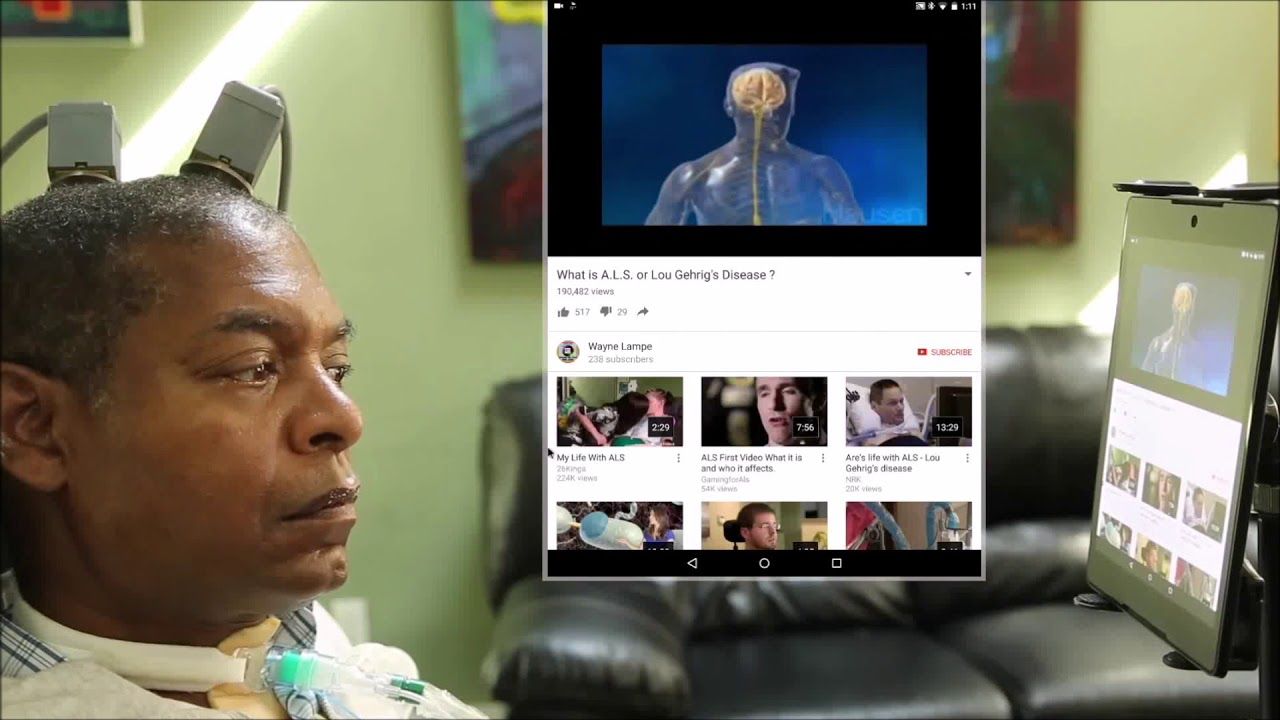
In a collaborative study presented by scientists primarily affiliated with Stanford and Brown Universities, participants suffering from significant paralysis were successfully able to use non-modified applications on an Android tablet using their brain waves. In previous studies, “point-and-click” computer functionality interpreted from these kinds of signals has been accomplished, but the applications available to participants was limited to software and devices that had been specialized and personalized for users’ specific needs. This study has demonstrated technology that overcomes this limitation and enables access to the full range of software available to non-disabled users. Participants enjoyed applications previously unavailable to them such as streaming music services and a piano keyboard player.
To accomplish the study’s objectives, scientists capitalized and combined existing technologies for their unique end. Brain waves from participants’ brain implants were sent to a commercially available recording system and then processed and decoded by an existing real-time interpreter software. The decoded data was then transmitted to a Bluetooth interface configured as a wireless mouse which was paired to an Android tablet. While the steps to accomplish the task at hand are many, the result somewhat resembles telepathy but largely resembles greater accessibility for the disabled.
Continue reading “Paralyzed individuals successfully use brain waves to operate tablet computers” »

